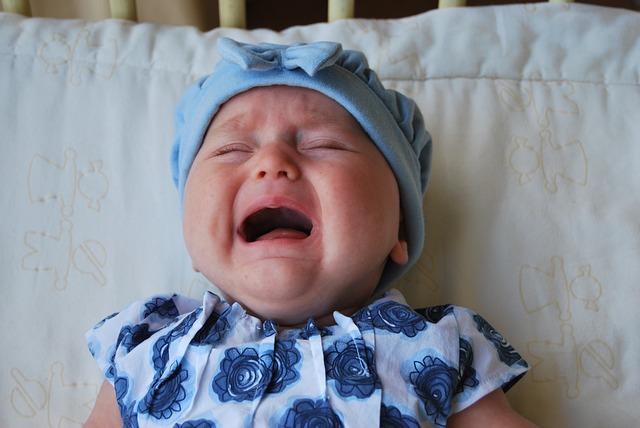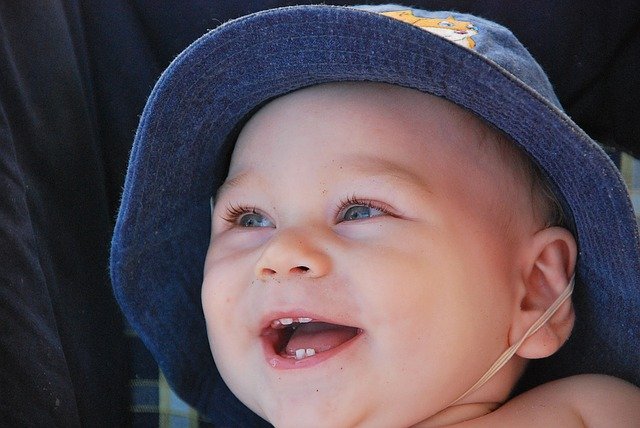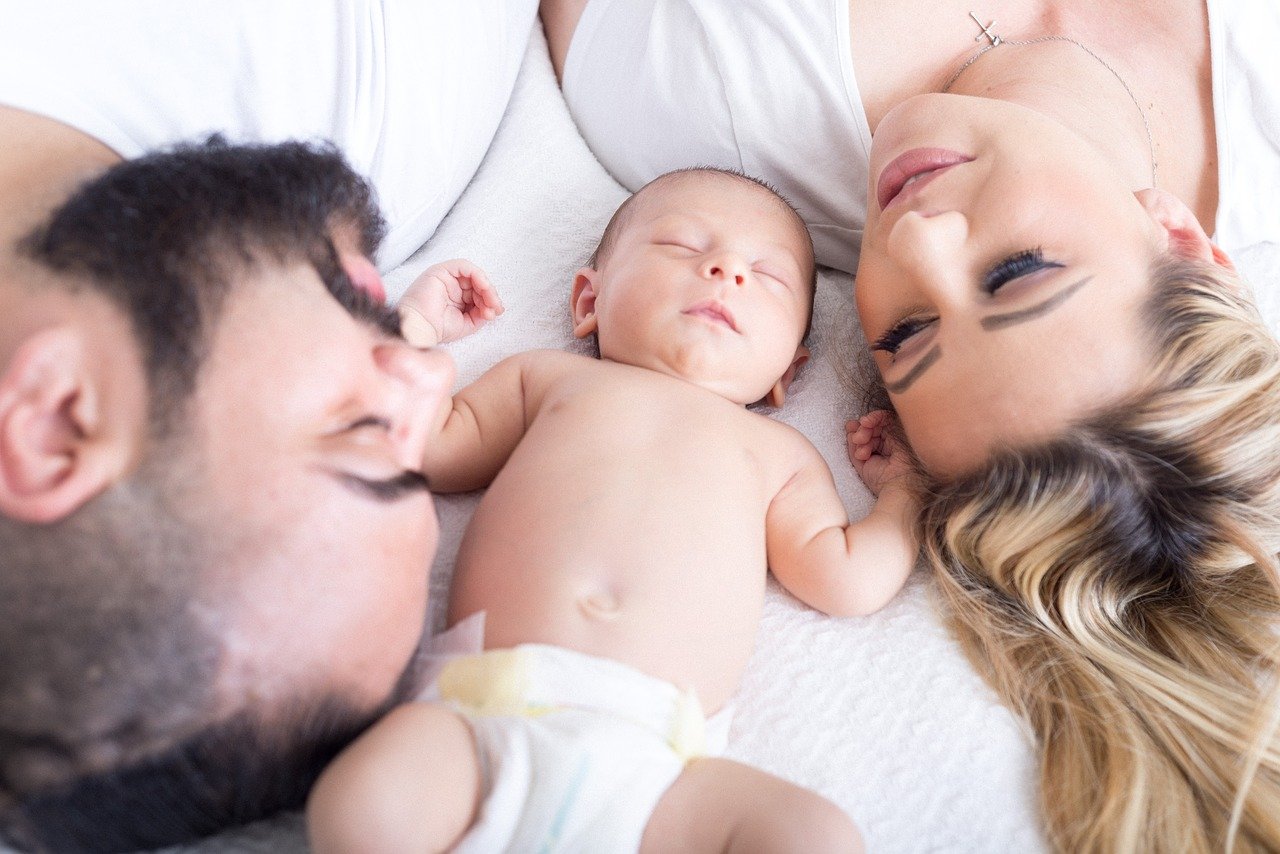Table of Contents
When does teething start in babies?
Teething is the process when your baby’s teeth start to come through gums. This is a part of their development. Sometime teething starts without any signs in babies and sometimes babies show some signs when they start teething.
Teething can start without any pain or discomfort in babies but for some babies it’s not easy at all. Most babies start teething between the age of 4 to 6 month old and some can take time. All babies are different and their teething timeline also varies so there is no need to worry about it. Some babies start teething after 12 month old also which is very normal.
Signs of teething babies
Teething can start with or without signs in babies and sometime teething signs are very confusing. Symptoms of teething can vary from baby to baby. Here are few signs of teething baby that you can see. Your baby can have few or all of them and may be he/she doesn’t have any of these symptoms.
1. Baby is not sleeping well
Teething can cause some pain and swollen gums in babies due to that they can feel difficulty in sleeping. If your baby is not sleeping well then teething can be one of the reason for that. Baby not sleeping well is one of the sign of teething.
Read to know symptoms of toddler teething with molars and home remedies to ease the discomfort
2. He/she can have mild fever
Your baby can have mild fever when he/she is teething. This fever can be because of pain in gums which is very normal and nothing to worry about it. But make sure to check with your Dr. if baby have high grade fever or fever is not going since 3 to 4 days.
3. Chewing or biting more than usual
When your baby is teething you may notice that he is chewing and biting more than usual. This is because of itchy and swollen gums and chewing or biting help them to ease pain. Excessive chewing or biting can be a sign of teething in babies.
You can give them some tethers or anything cold like cold carrot sticks, frozen fruits or vegetables to chew on. This will help them to ease their swollen gums.
4. Looking irritable and cranky
If your baby is looking more irritable and cranky, this can be because of teething also. Teething cause some sort of discomfort to babies which is why they can behave like this.

5. Crying more often
Crying more often can be a sign of teething in babies because teething is a very new experience for them and this can give so much pain and discomfort to them. You can just try to cuddle them and try to breastfeed them more often as sucking will help them to stay calm.
Click here to know 15 amazing ways to discipline a stubborn child
6. Not eating well
Some babies lost their appetite during teething which is generally temporary. Their appetite will be fine once they will feel ok so there is nothing to worry about it. Never try to force your baby for eating as this is just a phase which will pass soon.
7. Rubbing ear more often
Your baby can be seen rubbing his ear or cheeks more often; this can be due to pain of gums which can reach to ear or cheeks also. Ear rubbing can be a sign of teething as well as ear infection also if accompanied by a fever. Just check with your doctor if you have a doubt about ear infection.
8. Gums are looking red and sore
Sore and red gums are one of the main sign of teething in babies. This swelling can be accompanied by pain also. You can just try to massage their gums with clean fingertip for 1 to 2 minutes to reduce the pain.
9. Skin rashes and excessive drooling
Teething can produce excessive saliva and you can notice that your baby is drooling a lot. Excessive drooling can cause rashes around the skin of cheeks and neck which can be because of bacteria from saliva. You can just try to keep the area dry as much as possible to prevent skin rashes.
Read to know 14 signs of readiness in babies to start potty training
10. Having diarrhea
Diarrhea can also be a sign of teething. This can be because of the production of excessive saliva. Always check with your doctor before coming to any conclusion because it can be sign of other health issues also.





